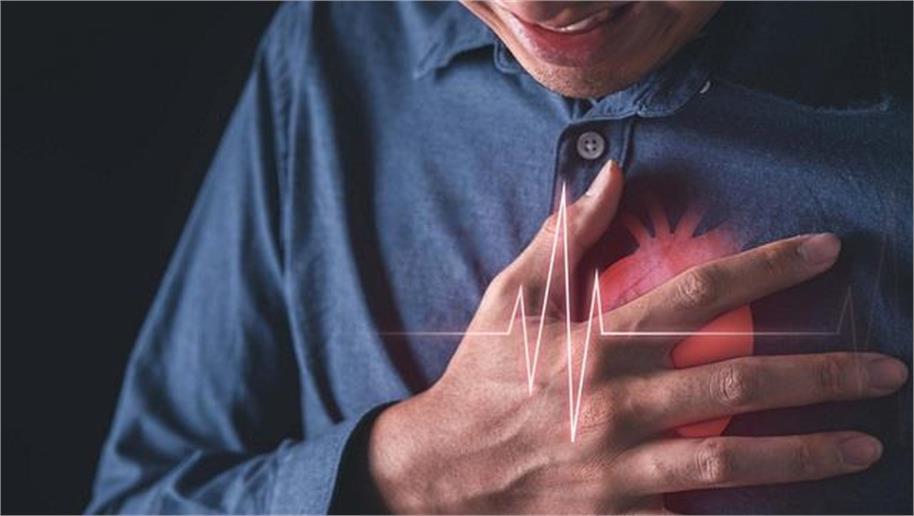National Desk: Heart disease continues to be the leading cause of death worldwide. In 2022 alone, nearly 20 million people lost their lives due to heart attacks and stroke-related conditions. The situation is concerning even in developed countries like the United States, where thousands die every year due to heart-related emergencies. These numbers highlight how crucial early detection and timely response are.
Recently, Dr. Christabel Akinola shared an informative post on Instagram in which she explained how a person recognized the early signs of a heart attack and took immediate steps that ultimately saved his life.
What to Do If You’re Alone and Suspect a Heart Attack
1. Call Emergency Services Immediately
At the very first sign of symptoms, call emergency services such as 108 (or your local emergency number).
Put your phone on speaker mode to keep your hands free.
Clearly mention your location, existing medical conditions, allergies, and any medications you take.
Do not drive yourself — wait for an ambulance.
2. Take Aspirin (Only If You’re Not Allergic)
Chew around 300 mg of non-coated aspirin.
Chewing helps the medicine work faster and can reduce the risk of death by nearly 25% in early-stage heart attacks.
3. Stay Calm and Control Your Breathing
Panic increases heart rate and blood pressure.
Sit or lie down comfortably, loosen tight clothing, and try deep breathing.
If possible, keep your legs slightly elevated to improve blood circulation.
4. Avoid Unverified “Home Treatments”
Do not try viral methods such as “Cough CPR” seen on social media.
These techniques are only used in specific cases under medical supervision.
5. Be Prepared in Advance
If you live alone:
- Keep your phone nearby at all times.
- Maintain a list of your medications and allergies.
- Lock your door in a way that emergency help can easily enter if needed.
The First 10 Minutes Are Critical
The initial 10 minutes after heart attack symptoms appear are often the deciding factor between life and death. Quick, correct action can significantly improve survival chances.
Stay aware, stay prepared, and consult a doctor if you notice recurring chest discomfort, fatigue, or breathlessness.














Leave feedback about this